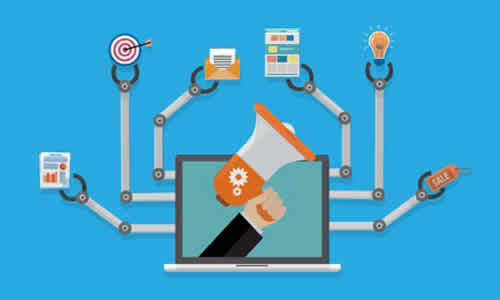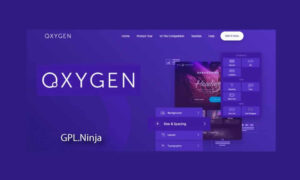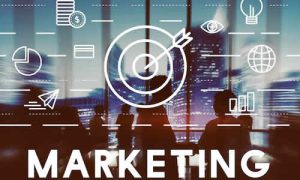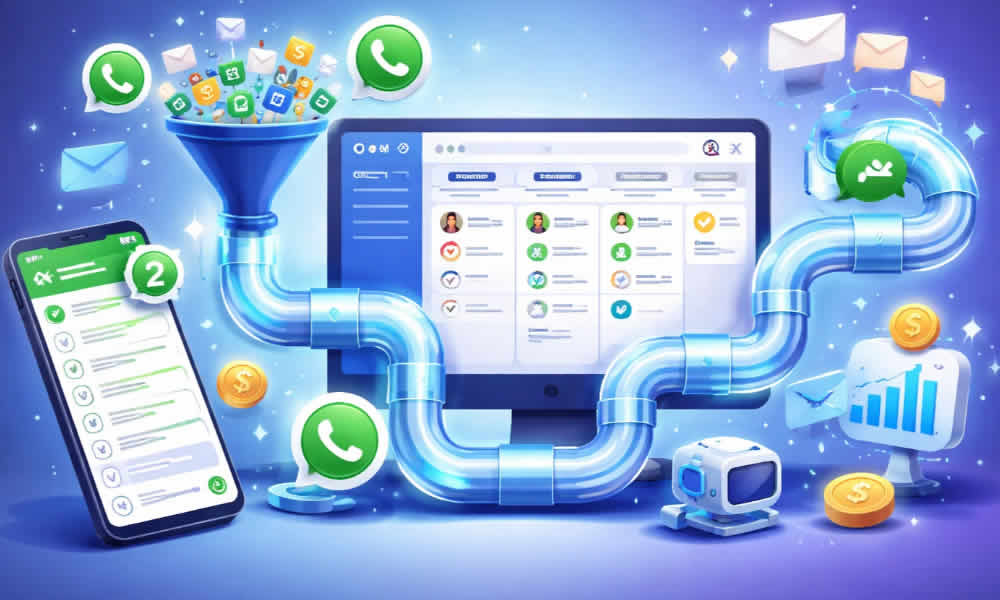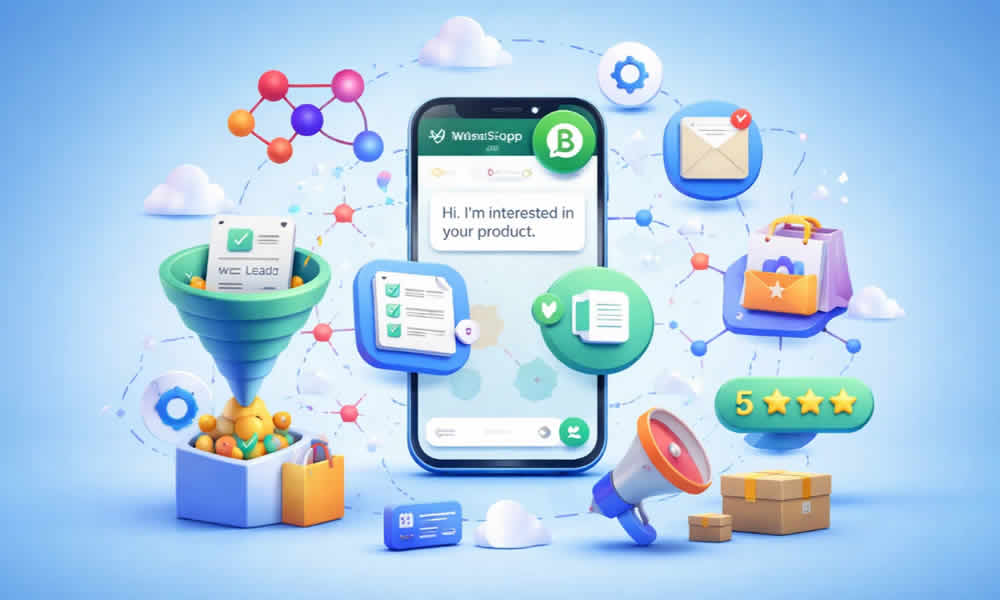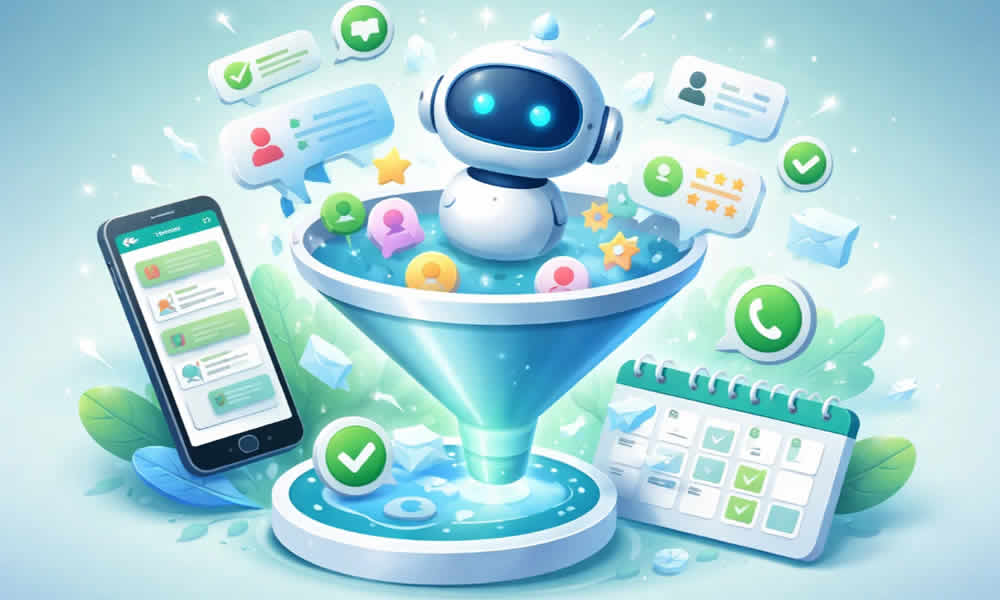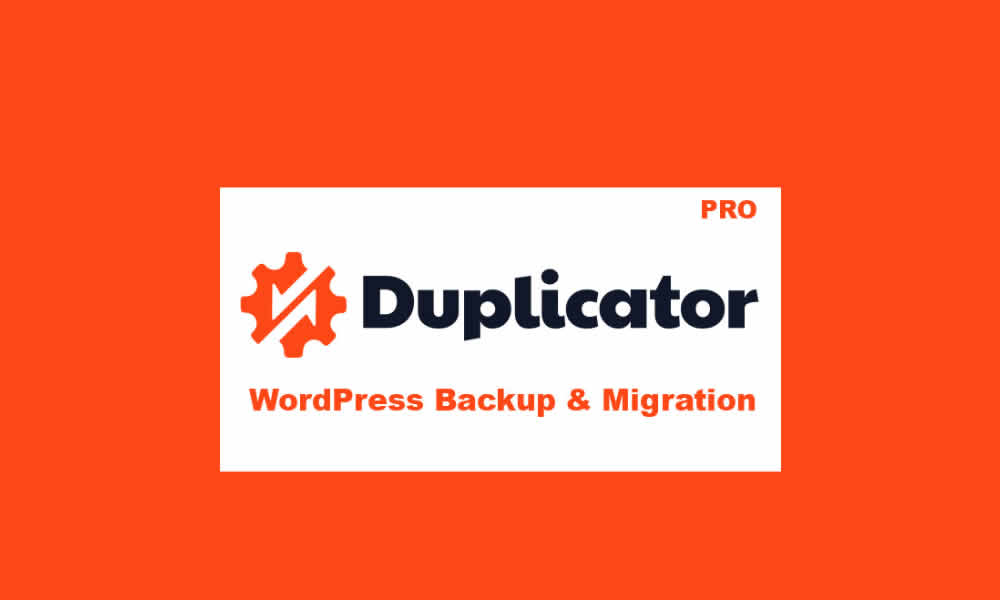Marketing automation has become a key strategy in recent years, and its importance for businesses cannot be underestimated. With growing competition and the need for personalization, automation tools have become essential for optimizing processes and increasing efficiency.
What is Marketing Automation?
Marketing automation refers to the use of software to automate repetitive marketing tasks. This includes sending emails, posting on social media, segmenting leads, and analyzing data. By leveraging automation, companies can manage campaigns more effectively while saving time and resources.
Benefits of Marketing Automation
Implementing marketing automation brings a range of significant benefits for businesses:
-
Increased Efficiency: By automating repetitive tasks, your team can focus on more strategic activities. This not only improves productivity but also reduces the risk of human error.
-
Personalization at Scale: Automation allows you to send personalized messages to different audience segments. You can adapt communications based on customer preferences and behaviors, boosting conversion rates.
-
Real-Time Data Analysis: With automation tools, you can monitor campaign performance in real time. This makes it easier to identify which strategies are working and which need adjustments.
-
Better Lead Management: Automation helps nurture leads throughout the sales funnel. You can deliver relevant, timely content that guides leads toward conversion.
How to Implement Marketing Automation
To make the most of marketing automation, consider these steps:
-
Choose the Right Tool: There are many automation platforms available, such as HubSpot, Mailchimp, and ActiveCampaign. Select one that matches your company’s specific needs.
-
Define Your Goals: Before implementing automation, clarify what you want to achieve — whether it’s improving conversion rates, boosting engagement, or reducing manual workload.
-
Create Automated Workflows: Develop workflows that guide leads through the sales funnel. These can include email sequences, follow-up reminders, and personalized offers.
-
Monitor and Adjust: Once implemented, continuously monitor campaign performance. Use collected data to refine strategies and achieve better results over time.
The Future of Marketing Automation
As technology evolves, marketing automation will become even more sophisticated. Artificial intelligence (AI) and machine learning are beginning to play an increasingly important role, enabling deeper personalization and more accurate insights into consumer behavior.

